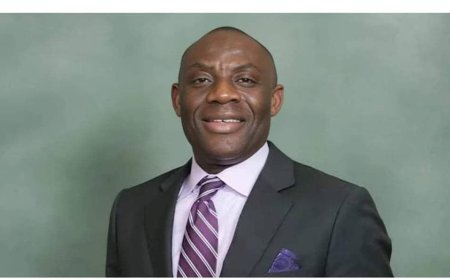"Education Crisis Looms: Stakeholders Slam FG's New Age Limit for SSCE"
The Federal Government's decision to set 18 as the minimum age for taking the Senior Secondary School Certificate Examinations (SSCE) has sparked widespread criticism from key stakeholders in Nigeria's education sector. They argue that the policy could hinder educational progress, stifle gifted students, and fail to adapt to modern societal changes. The new age policy, set to take effect in 2025, aims to ensure students are emotionally mature before entering tertiary institutions. However, educators, parents, and academic unions fear the move will leave younger students idle and unchallenged, potentially dragging the education sector backward. The policy has already prompted threats of legal action and calls for broader consultation and legislative review.
LAGOS — Key stakeholders in the education sector have strongly criticized the Federal Government's decision to set 18 as the minimum age for students to take the Senior Secondary School Certificate Examinations (SSCE), arguing that it would hinder the progress of the sector.
This reaction follows the announcement by the Minister of Education, Professor Tahir Mamman, stating that starting in 2025, students under 18 will no longer be eligible to take the SSCE, and without passing this exam, they will be ineligible for admission into tertiary institutions.
Organizations such as the Nigeria Union of Teachers (NUT), the National Parents/Teachers Association of Nigeria (NAPTAN), the Congress of University Academics (CONUA), the Academic Staff Union of Universities (ASUU), and members of the Concerned Parents and Educators Network (CPE) have all voiced their concerns.
Federal Government's Stance:
Minister Mamman revealed the new policy during a television interview, highlighting that under the 6-3-3-4 educational system, children typically begin primary school at six, complete secondary school by around 18, but many students graduate earlier due to accelerated learning. The policy aims to ensure that students are emotionally and intellectually mature enough for tertiary education by the time they reach university.
Mamman noted that while the policy will be strictly enforced from 2025, the 2024 admission cycle will still accept candidates as young as 16. However, going forward, NECO and WAEC, the bodies responsible for conducting SSCE, will not allow underage students to sit for the exams.
Stakeholders' Responses:
The Secretary General of the NUT, Dr. Mike Ene, criticized the policy, stating that it could have adverse effects on the education system. He questioned the lack of broad consultation and suggested that the decision could hinder the development of gifted students who often complete their education early. Ene also noted that societal changes, such as the early start of schooling due to parents' work demands, mean many students complete secondary school before 18, and the new policy could leave them idle.
NAPTAN's Deputy National President, Chief Adeolu Ogunbanjo, was more direct, threatening legal action if the policy is not reconsidered. He argued that the policy is out of touch with modern realities and could stifle educational progress.
CONUA President, Dr. Niyi Sunmonu, suggested a compromise, advocating for the admission age to be set at 17. He called for a stakeholder meeting to discuss the policy and ensure it undergoes a legislative process.
ASUU President, Professor Emmanuel Osodeke, supported the policy, arguing that it aligns with the educational system's regulations. He stressed that parents should adhere to the proper schooling age to ensure their children are mature enough for higher education.
A member of the CPE, Mr. Oladapo Adekoya, condemned the policy as an outdated approach that could limit students' potential. He argued that by 18, students should be ready to pursue career paths if they receive the proper education.
WAEC's Position:
The West African Examinations Council (WAEC) has yet to officially respond to the policy, but indicated that they would address the matter soon. The policy could have broader implications, as WAEC operates in multiple West African countries, and Nigeria does not solely dictate its policies.
JAMB's Role:
The issue of minimum age for tertiary education admissions has been contentious. The JAMB Act of 1989, which outlines the functions of the Board, does not specify an age requirement, leaving it to individual universities to determine their admission criteria, often setting 16 as the minimum age. While the Education Minister has the authority to issue directives to JAMB, this new policy represents a significant shift that could reshape the landscape of Nigerian education.
In summary, the Federal Government’s decision to raise the minimum age for SSCE to 18 has sparked widespread debate, with many stakeholders arguing that it could hinder educational progress and fail to address the realities of modern society.
What's Your Reaction?















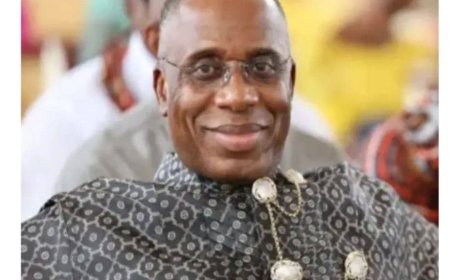
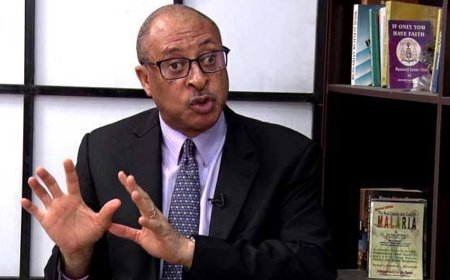



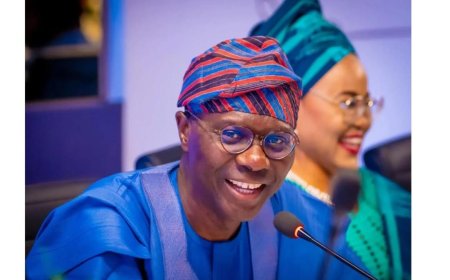



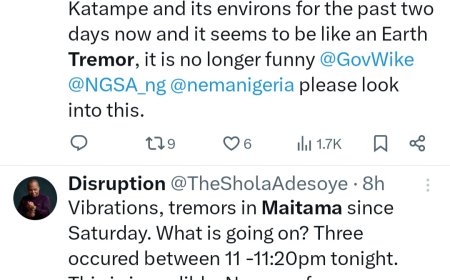


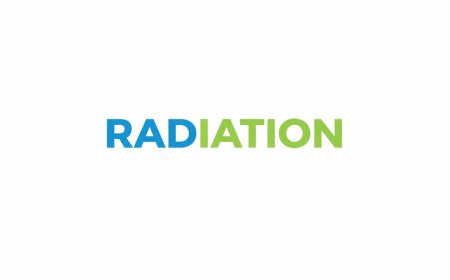
















![Meet the Contestants of The Next Big Thing [TNBT]](https://flashupdates.com.ng/uploads/images/202508/image_430x256_688e0cb7c6806.jpg)















![EMPOWERING YOUR VOICE IN UNIVERSITY DECISIONS! [NMU]](https://flashupdates.com.ng/uploads/images/202408/image_430x256_66d197e522ae6.jpg)

